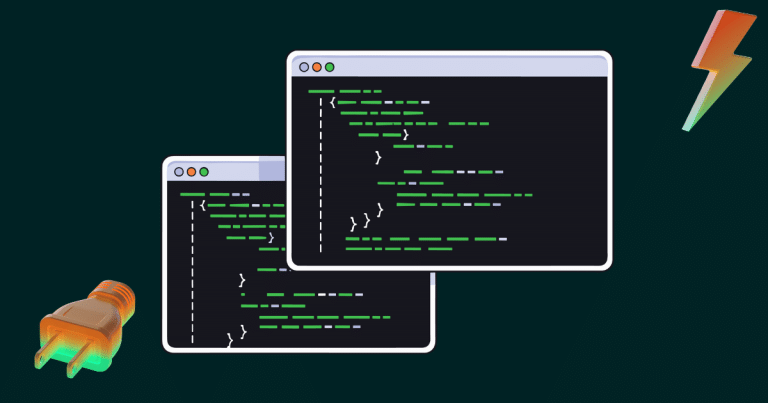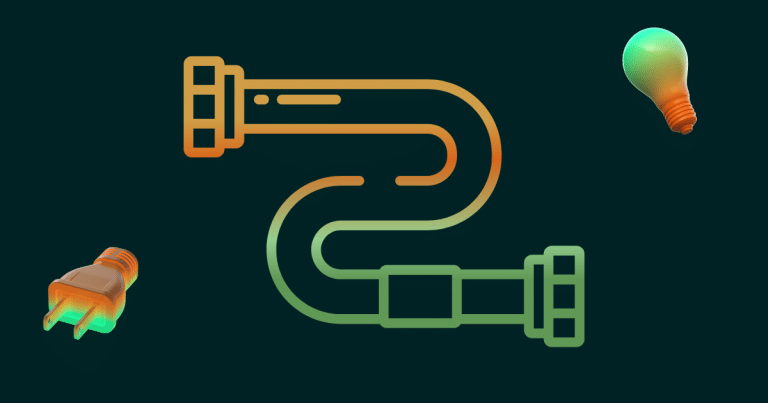80% of developers are unhappy. The problem is not AI, nor is coding


What’s the problem?
Stack Overflow released the results of its annual Developer Survey on the technologies and tools developers use or want to learn, artificial intelligence, and their experience in the workplace.
More than 65,000 developers from 185 countries responded to the survey. This year, as expected, the main topics were the use of AI and dissatisfaction in the workplace, which is greater than ever before!
AI increases productivity
As for the former, 72% of respondents are in favor of AI tools. Although the percentage is high, there is a decrease compared to last year, when as many as 77% of them were satisfied with the implementation of artificial intelligence in their daily work. The decline in satisfaction can be interpreted as a consequence of disappointment with the results achieved with the use of these tools.
Despite this, 76% of all respondents use or plan to use AI tools in their work, up from 70% last year. The biggest benefit developers get from the AI tools they use, per 81% of them, is increased productivity. This is especially true for programmers who are learning to code (71%). Slightly fewer professional programmers highlighted this benefit of artificial intelligence in their work (61%).

Similar to last year, developers are still divided on whether they trust AI solutions: 43% consider these tools reliable, while 31% are skeptical. Programmers who learn to code are more confident in the accuracy of artificial intelligence than their more experienced counterparts (49% vs. 42%)
But it’s bad at complicated tasks
Nearly half (45%) of professional developers believe that AI tools are poor to very bad at solving complex tasks. Therefore, developers mostly use AI tools to write code (82%), and those who are interested but don’t yet use AI tools are mostly curious about code testing (46%). Those who are experienced leave the initial phase of writing code to artificial intelligence, but they understand that testing is a complex process, which is best left to traditional methods.
Will AI steal their jobs? 70% of professional programmers don’t see artificial intelligence as a threat to their work. On the contrary, 79% of respondents are worried about the spread of misinformation and misguided tasks. In doing so, professional developers agree that the problem is not user error but a lack of understanding of the codebase as the biggest challenge of AI tools. Over the next year, developers believe that their effectiveness will increase thanks to the development of AI tools, but that it also depends on the complexity of the tasks for which they use them.

Developers hate their jobs
According to the Workplace Satisfaction Survey, 80% of professional programmers are unhappy. One in three respondents actively hates their job, while almost half survive in survival mode. This leaves only 20% of those who claim to be somewhat happy. Although programmers are well-paid and often able to work remotely, many are still dissatisfied. Why is that so?
Failed expectations and technical debt
While developers are generally well paid, this year’s survey showed that software engineers’ salaries are decreasing. As an example, the median salary for PHP developers is relatively low, at $49,000 per year. This is a decrease compared to previous years, and only those who combine programming skills with entrepreneurship achieve significant financial success. The highest-paid developer roles are SREs and cloud infrastructure engineers, data engineers are the highest-paid in Germany and Ukraine, and back-end developers are top earners in India and the U.K.
Technical debt is the number one cause of developer frustration. Working with imperfect systems demoralizes programmers, making it difficult to do quality work.

Hustle culture and bureaucracy
The pressure to meet deadlines is often extreme in the IT industry. Developers are under pressure to complete tasks as fast as possible in order to earn as much income as possible. Increased pressure in the workplace leads to unrealistic expectations and burnout. Changing jobs often can provide temporary relief by increasing income, but they end up in similar stressful situations and in new companies.
Then there’s the perennial problem of bureaucracy, which big tech companies suffer from in particular. Endless meetings and unrealistic managers’ demands contribute to the feeling of futility. Developers become frustrated when their time is spent on administrative tasks instead of actual coding, leading to increased job dissatisfaction.
The future seems to be remote, despite employers’ efforts to bring employees back to the office.
Layoffs and poor health
The recent massive layoffs have created uncertainty and fear among developers when it comes to career prospects. On top of the stress, coding is a sedentary job, and a sedentary lifestyle is extremely harmful to physical health. Studies have shown that sitting is more harmful than smoking. On the other hand, exercise significantly relieves depression, suggesting that programmers should prioritize physical activity to combat the negative effects of their profession.

Despite being unhappy at work, most developers code outside of work as a hobby (68%), and almost 40% code outside of work for professional development or self-paced learning from online courses. Which might suggest that coding isn’t the problem!



